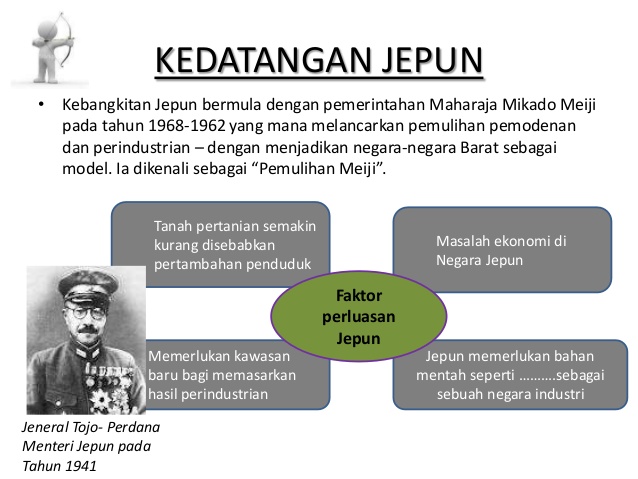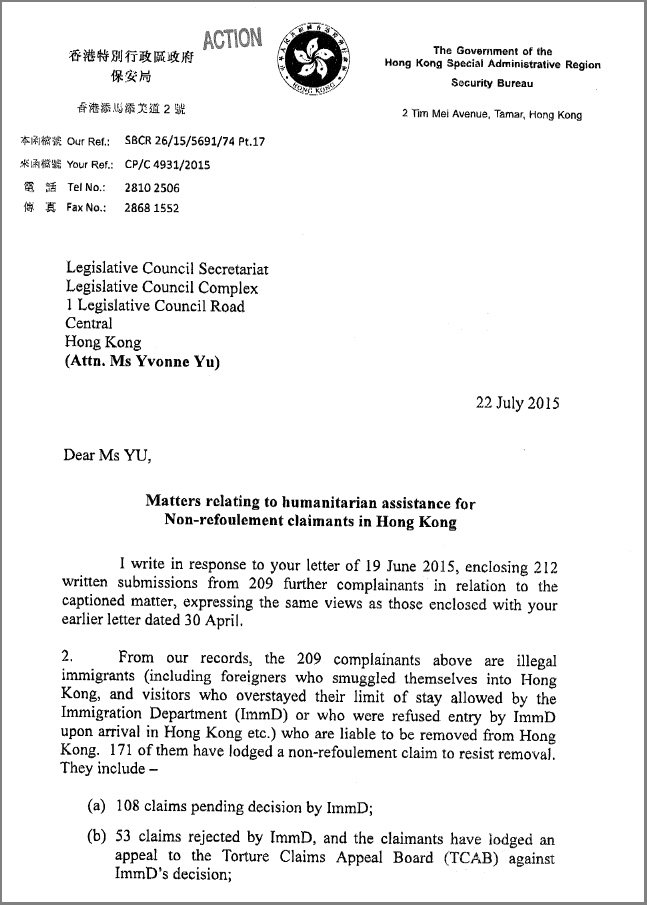Thesis Statement on Angelman Syndrome - Paper-Research.
Published Research on Angelman Syndrome The United States National Library of Medicine at the National Institutes of Health maintains a database of completed research on life sciences and biomedical topics. Here you can find links to full text articles of all published research that has been completed on Angelman syndrome.
Download thesis statement on Angelman Syndrome in our database or order an original thesis paper that will be written by one of our staff writers and delivered according to the deadline.

A cure for Angelman syndrome will have a tremendous impact on society at large. The gene that causes Angelman syndrome has been linked to several other diseases and genetic disorders involving learning and memory. The work FAST researchers are doing may be the gateway to therapies for other disorders that affect the lives of millions.

The Angelman Syndrome Foundation is dedicated to funding the highest caliber of research on Angelman syndrome. It is our hope that these funded researchers, and their collaborators and peers, will bring forth new discoveries that ultimately lead to safe and effective therapies that improve the quality of life for all with Angelman syndrome.

View Angelman Syndrome Research Papers on Academia.edu for free.

Research shows that 70% of Angelman syndrome cases that occur, stem from deletion of chromosome 15, which always carry the gene. On the other hand, about 11% of the cases are caused by gene mutation of UBE3A from the mother.

Dr. Harry Angelman published an academic research paper in 1965 describing three children he believed had the same rare disease. It took more than 20 years for researchers to discover that a problem with the 15th chromosome caused the children’s symptoms and another 12 years to isolate the Angelman Syndrome gene, UBE3A.

Despite Angelman syndrome developments advancing at great speed internationally, research in Australia has been minimal; hence the formation of FAST Australia. Australia has a reputation for a number of notable scientific discoveries and our scientists have a lot to offer the international search for a therapeutic for Angelman syndrome.

The Angelman Syndrome Foundation is the largest non-governmental funder of Angelman syndrome-specific research. It is our hope that these funded researchers, and their collaborators and peers, will bring forth new discoveries that ultimately lead to treatments and a cure.

Angelman syndrome is a complex genetic disorder that primarily affects the nervous system. Characteristic features of this condition include delayed development, intellectual disability, severe speech impairment, and problems with movement and balance (ataxia).

Angelman Syndrome is caused by a severe reduction of expression of a single gene UBE3a in the brain. UBE3A is a ubiquitin ligase whose function and targets relevant to AS are still unknown. AS occurs through 4 different genetic mechanisms, all involving chromosome 15. In about 80% of cases clinical diagnosis can be confirmed by laboratory testing.

Angelman syndrome (AS) is a genetic disorder that mainly affects the nervous system. Symptoms include a small head and a specific facial appearance, severe intellectual disability, developmental disability, speaking problems, balance and movement problems, seizures, and sleep problems. Children usually have a happy personality and have a particular interest in water.

The mission of the Angelman Syndrome Foundation is to advance the awareness and treatment of Angelman syndrome through education and information, research, and support for individuals with Angelman syndrome, their families and other concerned parties. We exist to give all of them a reason to smile, with the ultimate goal of finding a cure.


